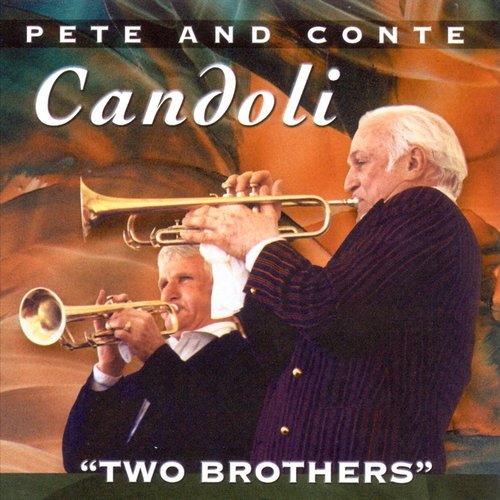Daniel Heide & Patrick Grahl - Dichterliebe (2020) [Hi-Res]
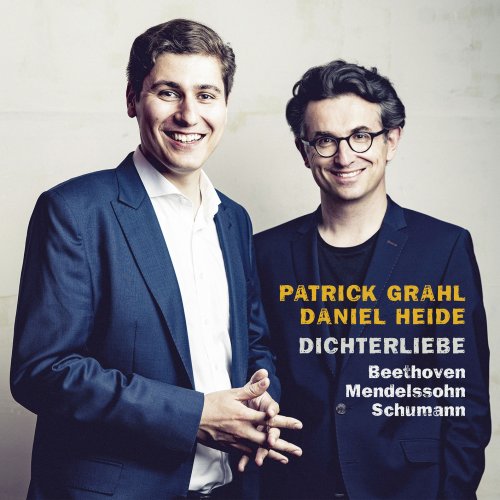
Artist: Daniel Heide, Patrick Grahl
Title: Dichterliebe
Year Of Release: 2020
Label: CAvi-music
Genre: Classical
Quality: FLAC (tracks) / 24bit-96kHz FLAC (tracks+booklet)
Total Time: 01:12:26
Total Size: 277 MB / 1.16 GB
WebSite: Album Preview
Tracklist:Title: Dichterliebe
Year Of Release: 2020
Label: CAvi-music
Genre: Classical
Quality: FLAC (tracks) / 24bit-96kHz FLAC (tracks+booklet)
Total Time: 01:12:26
Total Size: 277 MB / 1.16 GB
WebSite: Album Preview
01. An die ferne Geliebte, Op. 98 (12:55)
02. Six Songs, Op. 19A: No. 5. Gruß (1:51)
03. Three Songs, Op. 84: No. 2. Herbstlied (4:41)
04. Six Songs, Op. 71: No. 4. Schilflied (3:23)
05. Six Gesaenge, Op. 86: No. 5. Der Mond (2:08)
06. Six Gesaenge, Op. 34: No. 6. Reiselied (2:47)
07. Six Gesaenge, Op. 34: No. 2. Auf Flügeln des Gesanges (2:54)
08. Six Songs, Op. 57: No. 2. Venezianisches Gondellied (2:36)
09. Six Songs, Op. 57: No. 6. Wanderlied (2:06)
10. Six Songs, Op. 71: No. 6. Nachtlied (2:34)
11. Dichterliebe, Op. 48: No. 1. Im wunderschönen Monat Mai (1:41)
12. Dichterliebe, Op. 48: No. 2. Aus meinen tränen spriessen (1:02)
13. Dichterliebe, Op. 48: No. 3. Die Rose, die Lilie, die Taube (0:38)
14. Dichterliebe, Op. 48: No. 4. Wenn ich in deine Augen seh' (1:47)
15. Dichterliebe, Op. 48: No. 5. Ich will meine Seele tauchen (0:56)
16. Dichterliebe, Op. 48: No. 6. Im Rhein, im heiligen Strome (2:27)
17. Dichterliebe, Op. 48: No. 7. Ich grolle nicht (1:35)
18. Dichterliebe, Op. 48: No. 8. Und wüsstens die Blumen, die kleinen (1:18)
19. Dichterliebe, Op. 48: No. 9. Das ist ein Flöten und Geigen (1:40)
20. Dichterliebe, Op. 48: No. 10. Hör ich das Liedc hen klingen (2:22)
21. Dichterliebe, Op. 48: No. 11. Ein Jüngling liebt ein Mädchen (1:09)
22. Dichterliebe, Op. 48: No. 12. Am leuchtenden Sommermorgen (2:26)
23. Dichterliebe, Op. 48: No. 13. Ich hab' im Traum geweinet (2:24)
24. Dichterliebe, Op. 48: No. 14. Allnächtliche im Truume (1:20)
25. Dichterliebe, Op. 48: No. 15. Aus alten Märchen (2:27)
26. Dichterliebe, Op. 48: No.. 16 Die alten, bösen Lieder (5:13)
27. Liederkreis, Op. 39: No. 5. Mondnacht (4:20)
Even more than in Beethoven's case, Mendelssohn's Lieder were intended for performance in the salons of the prosperous bourgeoisie: a convivial circle of highly qualified connoisseurs who shared the same outlook, and often a similar financial status. Those members of the upper middle classes were the musical link and the sociological crossroads between Hausmusik and the concert hall. Mendelssohn often wrote songs as gifts for the friends he was visiting, frequently as settings of their own texts: the considerable technical challenges they contained still needed to be manageable for members of those circles.
Thanks to their songlike or folk-like character, certain works by Mendelssohn (for instance from oratorios such as Elijah) became true classics, even across broad swaths of the population. The narrower the compositional framework in his songs, the more noteworthy were Mendelssohn's divergences: he often unobtrusively proved his mastery by varying upon a strict form (extending phrases or inserting small elements of surprise in strophic songs), thus providing variety, excitement, and ironic musical fractures.
Robert Schumann's Lied output was probably more crucial for his existence than in Mendelssohn's case, and likewise more significant due to the artistic dialogue he held with his wife Clara: songs thus took up a greater place in his life. Composed in Leipzig in 1840 (Schumann's well-known "year of songs"), Dichterliebe Op. 48 on texts by Heinrich Heine offers an excellent example of Schumann's use of a self-contained episode with a homogeneous poetic idea as a point of departure for an entire song cycle. Thus he not only rearranged the order of Heine's poems from the Lyric Intermezzo (published in 1827 as part of Das Buch der Lieder), but chose the title "Dichterliebe" ("The Love of a Poet") himself. Here the piano goes far beyond pure instrumental accompaniment: instead of merely illustrating the text, it provides its own dimension of interpretation as a partner on equal standing with the voice, both in terms of extension as well in terms of artistic niveau.
This recital is the first solo album from German tenor Patrick Grahl, accompanied by Daniel Heide.
Thanks to their songlike or folk-like character, certain works by Mendelssohn (for instance from oratorios such as Elijah) became true classics, even across broad swaths of the population. The narrower the compositional framework in his songs, the more noteworthy were Mendelssohn's divergences: he often unobtrusively proved his mastery by varying upon a strict form (extending phrases or inserting small elements of surprise in strophic songs), thus providing variety, excitement, and ironic musical fractures.
Robert Schumann's Lied output was probably more crucial for his existence than in Mendelssohn's case, and likewise more significant due to the artistic dialogue he held with his wife Clara: songs thus took up a greater place in his life. Composed in Leipzig in 1840 (Schumann's well-known "year of songs"), Dichterliebe Op. 48 on texts by Heinrich Heine offers an excellent example of Schumann's use of a self-contained episode with a homogeneous poetic idea as a point of departure for an entire song cycle. Thus he not only rearranged the order of Heine's poems from the Lyric Intermezzo (published in 1827 as part of Das Buch der Lieder), but chose the title "Dichterliebe" ("The Love of a Poet") himself. Here the piano goes far beyond pure instrumental accompaniment: instead of merely illustrating the text, it provides its own dimension of interpretation as a partner on equal standing with the voice, both in terms of extension as well in terms of artistic niveau.
This recital is the first solo album from German tenor Patrick Grahl, accompanied by Daniel Heide.
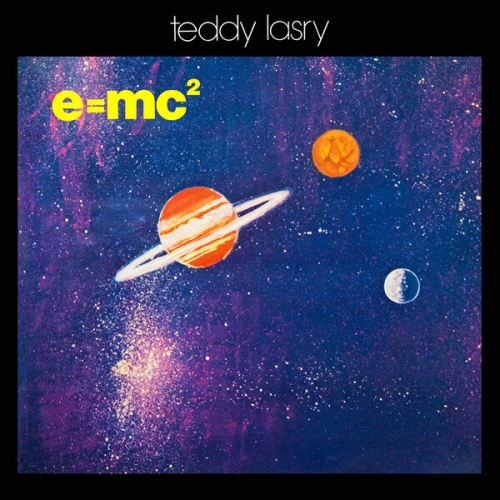
![Nabou - Indigo (2026) [Hi-Res] Nabou - Indigo (2026) [Hi-Res]](https://www.dibpic.com/uploads/posts/2026-01/1769524401_folder.jpg)

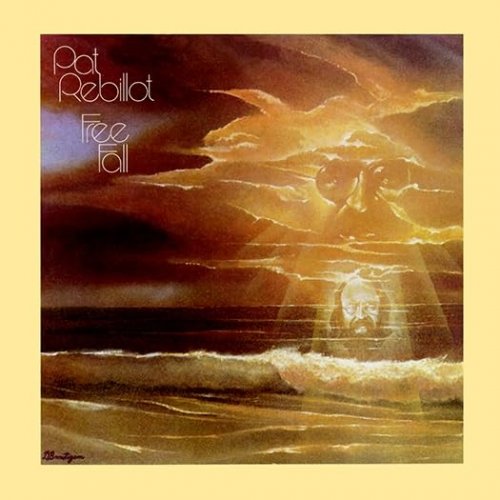

![Can Tutuğ, Tolga Şişko - Akşam Üzeri (2026) [Hi-Res] Can Tutuğ, Tolga Şişko - Akşam Üzeri (2026) [Hi-Res]](https://www.dibpic.com/uploads/posts/2026-01/1769583297_jl1mm9w1u8uht_600.jpg)
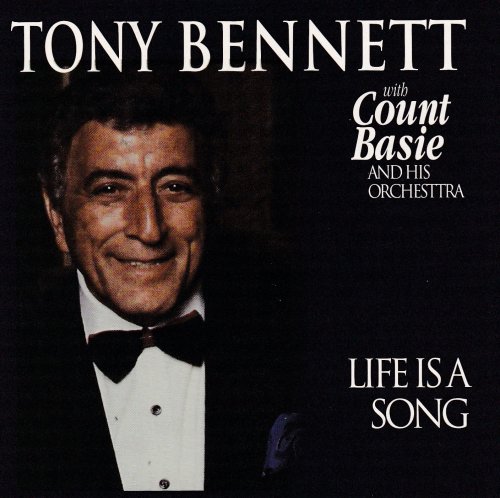
![Stan Getz & Gerry Mulligan - Getz Meets Mulligan In Hi-Fi (1957/2026) [Hi-Res] Stan Getz & Gerry Mulligan - Getz Meets Mulligan In Hi-Fi (1957/2026) [Hi-Res]](https://www.dibpic.com/uploads/posts/2026-01/1769716574_cover.jpg)
